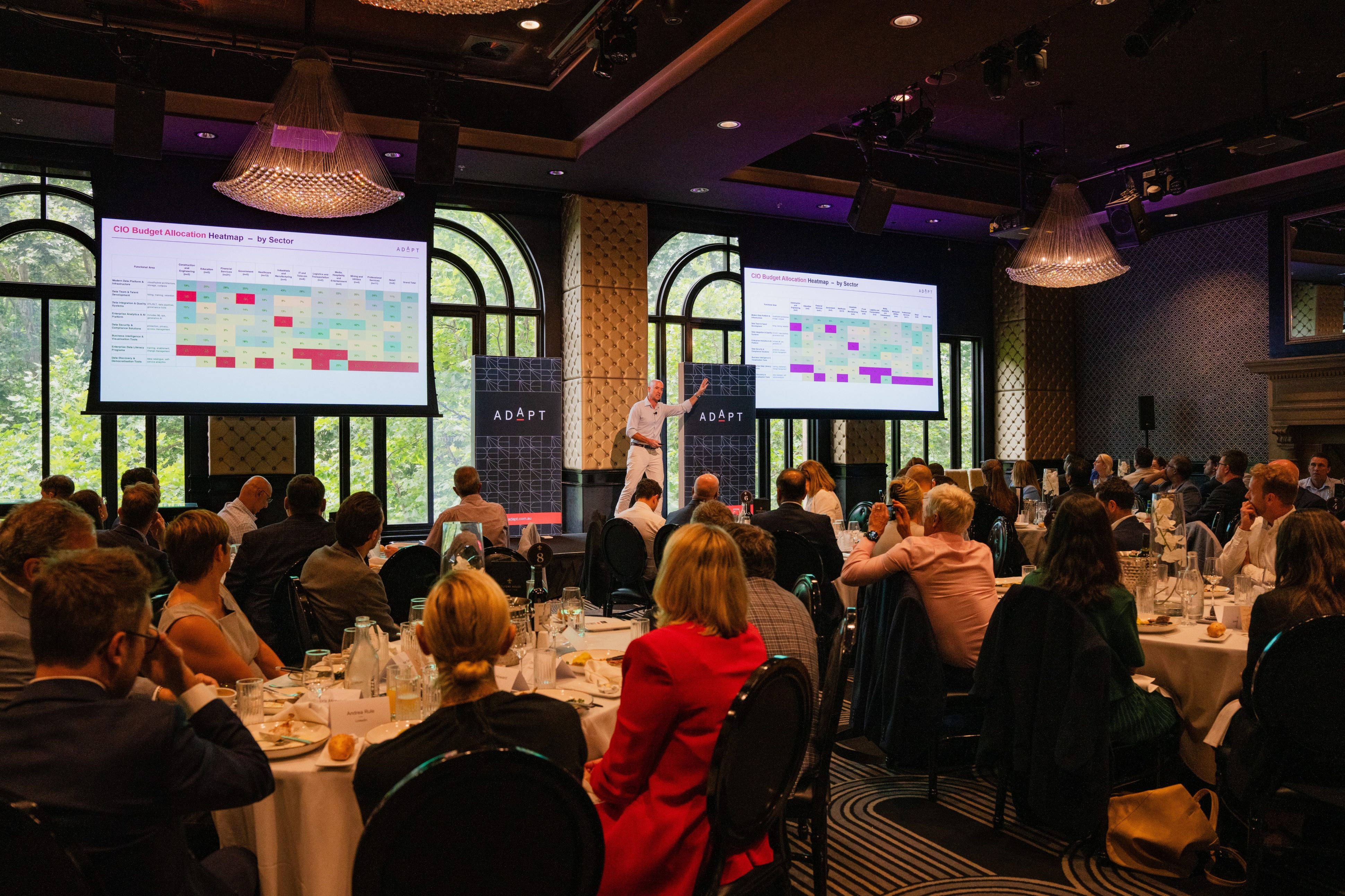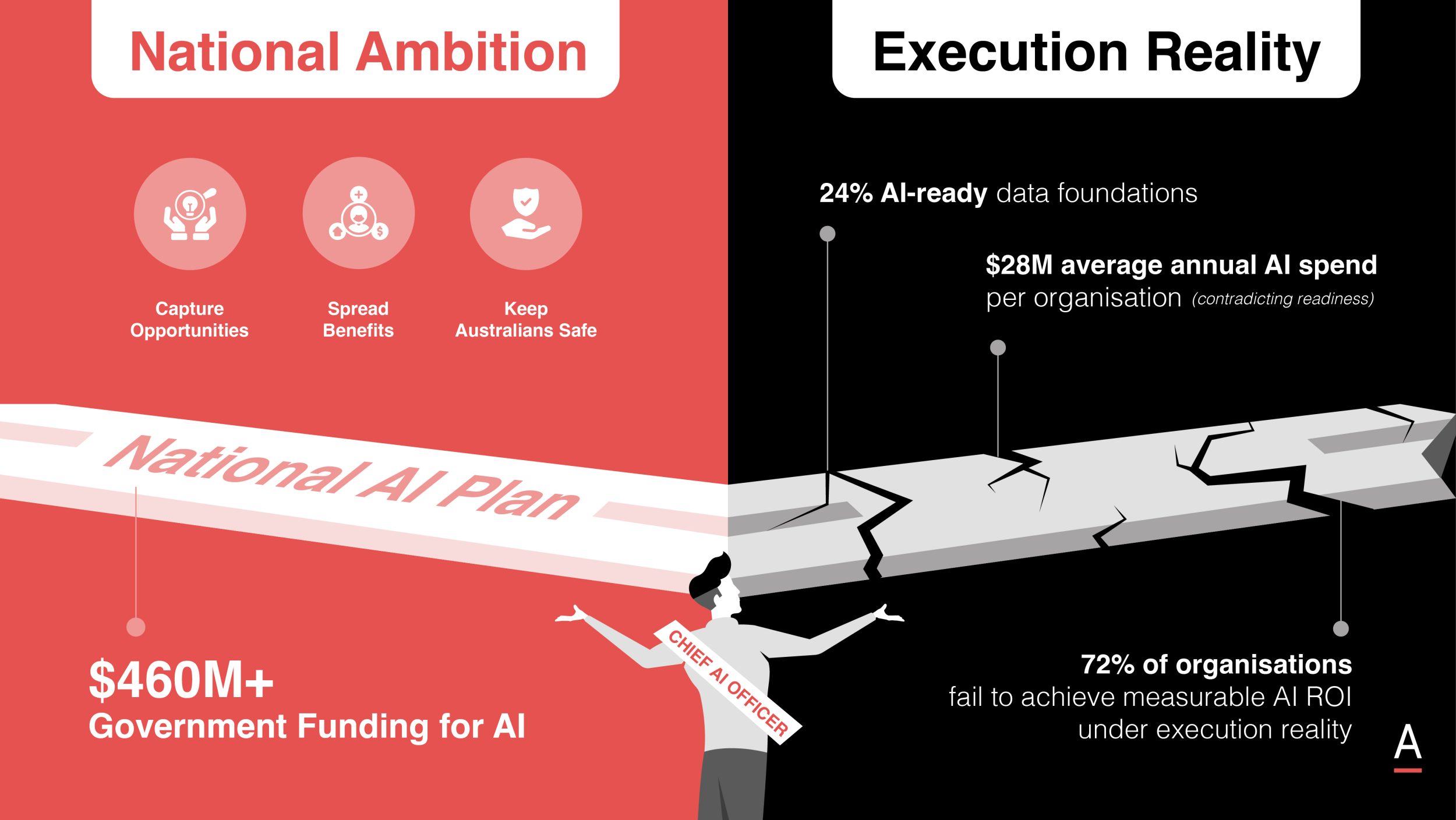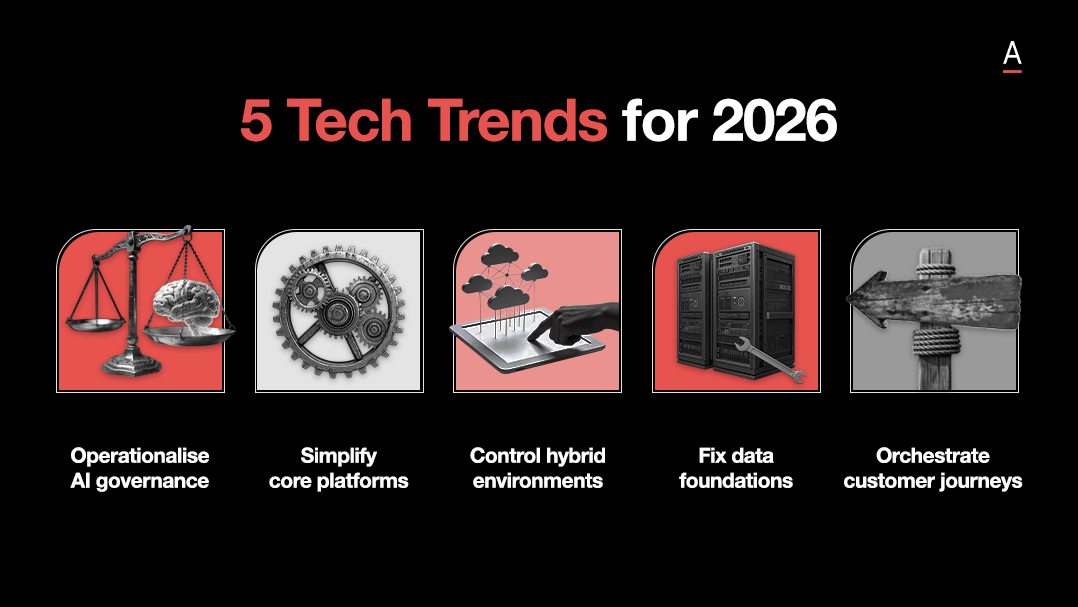Continuity, Resilience, and Beyond – Dismantling Silos for Good
In this time of uncertainty, having an organisation-wide goal – and the close involvement of the leadership team – helped CIOs secure the autonomy they needed to navigate rapidly evolving challenges.
The massive shift to the digital workplace has put the spotlight on IT teams. As a result, CIOs reported that access to senior leadership – particularly the CEO and board – has improved.
How IT leaders in Australia and New Zealand identified priorities during challenging times
Technology leaders in Australia and New Zealand have a proud history of innovation, with CIOs taking a central role in the transformation of their businesses in the past decade.
The value of IT in building long-term business resilience become acutely clear in the first quarter of 2020, when COVID-19 appeared and strategies for sustaining business operations were placed in the spotlight. CEOs turned to their CIOs to spearhead the transition to a remote workforce and ensure their business continuity.
To learn from this evolution, ADAPT sought to find out how local CIOs used technology to build resilience in their businesses through one of the most challenging times in recent decades.
Overall, our study showed organisations can emerge from this period more innovative, collaborative and resilient. The CIOs we spoke with highlighted six focus areas for addressing immediate challenges, building a long-term strategy for resilience and making the most of innovation. One out of six areas is outlined in this section of the report.
#4 Area of Focus: Dismantling Silos for Good
By demonstrating IT’s value, CIOs will get more opportunities.
In this time of uncertainty, having an organisation-wide goal – and the close involvement of the leadership team – helped CIOs secure the autonomy they needed to navigate rapidly evolving challenges.
The massive shift to the digital workplace has put the spotlight on IT teams. As a result, CIOs reported that access to senior leadership – particularly the CEO and board – has improved.
Previously, digital transformation in A/NZ often meant overcoming lengthy approval processes, resistance to change and lack of access to the leadership team. However, as communication channels opened up, CIOs said they were able to demonstrate IT’s value to their organisation as a whole.
Communication to collaboration: how CIO responsibilities changed
- CIOs enjoyed greater autonomy for IT procurement and project implementation
- They led the way in evolving and communicating IT governance policies
- CIOs pushed back on strategic projects they deemed unnecessary at this time, including freezing or stopping change requests
- They redirected resources to new initiatives to reduce technical debt by automating software testing and delivery
Collaborating on new priorities
A/NZ organisations have done well at tackling the immediate challenges of the crisis. Now they are building new business strategies and models for resilience – agile ones that can scale up, plateau and strip down as required.
CIO respondents say the transformation to a digital workplace has become the most compelling ROI story yet. To keep the silos dismantled, CIOs will benefit from:
- Actively participating in business and strategic conversations about future products, services and delivery models
- Offering technology insights and solutions to enable business decisions
Accelerating excellence
In the future, CIOs will likely move to flexible governance practices that can respond to uncertainty. Continued automation of IT delivery processes will further support operational agility, so technology teams can free their time to work towards achieving new business outcomes faster.
These efforts and initiatives will also pave the way to improving the perception of IT and technology leaders among stakeholders and senior leadership.
What does it mean for CIOs?
Continue to drive strategic discussions towards building organisational resilience, and measure, monitor and report on the business impact of IT during a challenge to gather ongoing trust from leadership, stakeholders and employees.


























